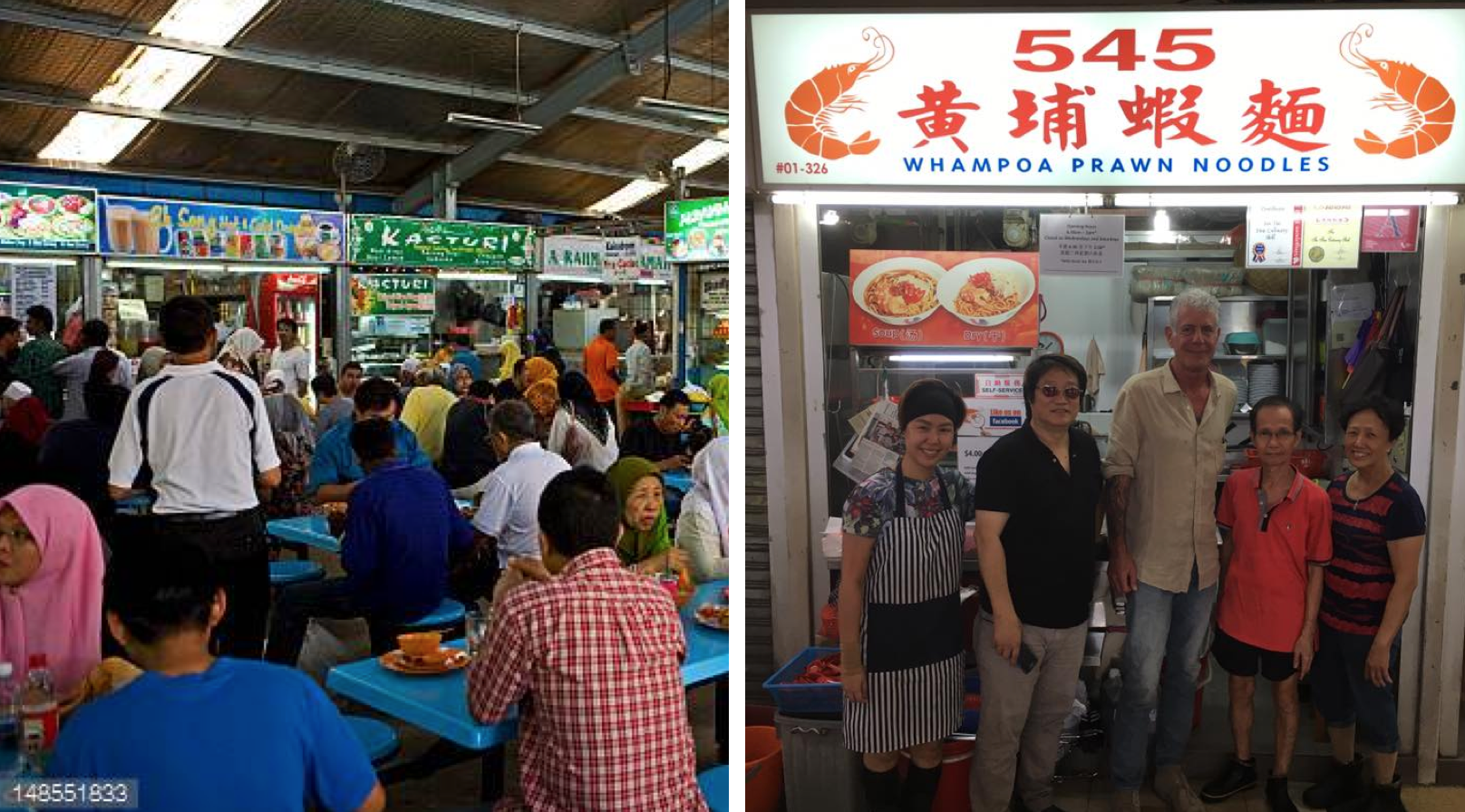On June 8, chef, host and globetrotter, Anthony Bourdain, passed away at age 61.
No stranger to Singapore
Bourdain is no stranger to Singapore cuisine, having hosted culinary programmes such as Parts Unknown and No Reservations here.
He was a champion of Singapore's hawker culture.
Previously, he praised Singapore's hawker food, and also forged a firm friendship with local foodie and consultant KF Seetoh over meals of prawn noodles and chicken rice.
In Parts Unknown, Bourdain even shared some of his views on Singapore's political scene and society.
Thinks highly of hawker food
Given his positive experiences with hawker food in Singapore, it comes as no surprise that he thinks highly of hawking and the good it can bring to a society.
In 2017, when Bourdain was at the World Street Food Congress in Manila, he spoke about the importance of street food in building emotional connections between individuals.
And while he was on the topic of street food, he made sure to talk about hawker centres in Singapore.
Singapore, in his view, saved street food by moving it indoors into hawker centres and imposing hygiene regulations:
“Singapore understood that street food is a good thing... They have this understanding that street vendors are multi-generational operations of people who have more or less been doing the thing they are doing very well over time. That this is something worth saving and preserving, [in the face of] the terrible onslaught of generic fast food chains."
[related_story]
The future of fast food
Bourdain also thinks that street food is the cure for fast food chains, which can be generic and lacking in emotional connection.
And 20 years down the road, he hoped that fast food will look a lot like Singapore's hawker food:
"I would like it to look like Singapore. With hawker centers, with independently owned and operated businesses, who have been, for some time, doing the same one or two dishes very, very, very, very well. Selling those things quickly, at an affordable price.
That would be good for the world, and I think we deserve it."
Top photo from Li Ruifang's Facebook & Getty
If you like what you read, follow us on Facebook, Instagram, Twitter and Telegram to get the latest updates.
